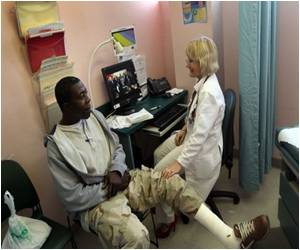
Experts caution that those numbers are reported by applicants and there’s no requirement that anyone signing up for coverage on healthcare.gov state their race or ethnicity. Nonetheless, the Department of Health and Human Services and pro-health-law groups have stepped up their efforts through media campaigns and with a greater emphasis on the kind of in-person assistance the Latinos are looking for.
One third of the ACA’s budget is spent on trying to reaching more Latino’s than the last year. Personal assistance is required to explain how the insurance works with all the options and is time consuming as one session can run for 90 minutes to 2 hours, to explain all the various options.
Applicants qualifying for tax credits would still have to pay premiums. As of last June, the percentage of Latinos without health insurance dropped from 36 percent to 23 percent, with the highest gains in states that adopted the health law’s Medicaid expansion, according to a Commonwealth Fund analysis.
Latinos without health insurance dropped from 36 percent to 23 percent, with the highest gains in states that adopted the health law’s Medicaid expansion, according to a Commonwealth Fund analysis.
Latinos faced language barriers and many of them had to gather together extra paper work. Many of them found that paying cash for treatment was easier that enrolling for healthcare.
Advertisement
“You don’t want to be the family member that because you signed up for coverage you’re getting your grandmother, your uncle or your parent deported,” said Anthony Wright, executive director of the group Health Access California, a healthcare consumer group.
Advertisement
In states like Virginia, which has not expanded its Medicaid program, individuals must earn at least $11,670 a year to qualify for subsidies to buy coverage on the exchange. Those who earn less fall into the “coverage gap” because they don’t qualify for their state’s existing Medicaid program and don’t earn enough money to qualify for the health law’s financial assistance.
Source: Kaiser Health
Source-Medindia









